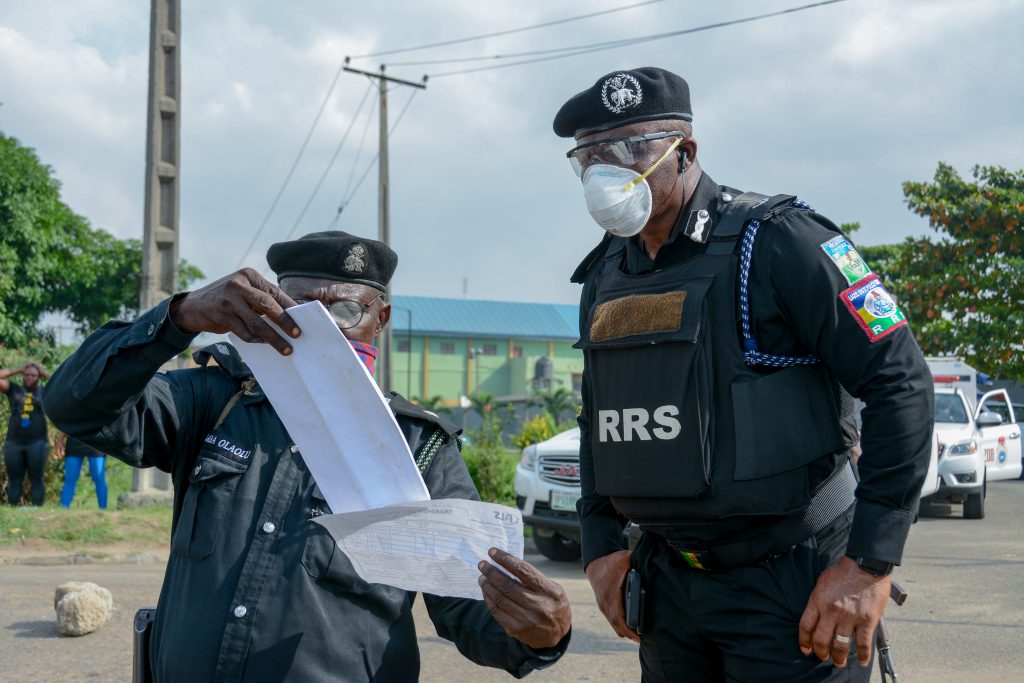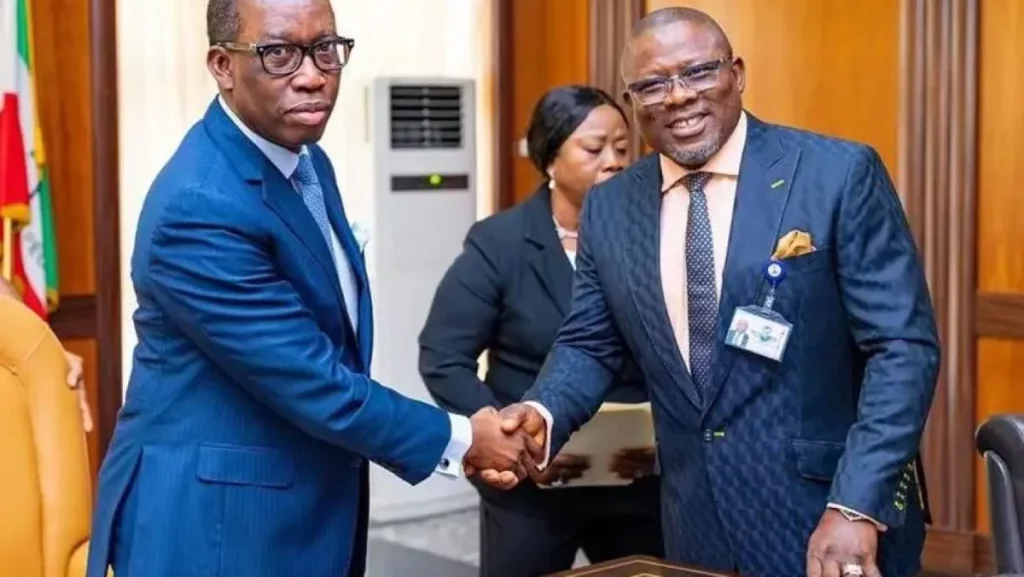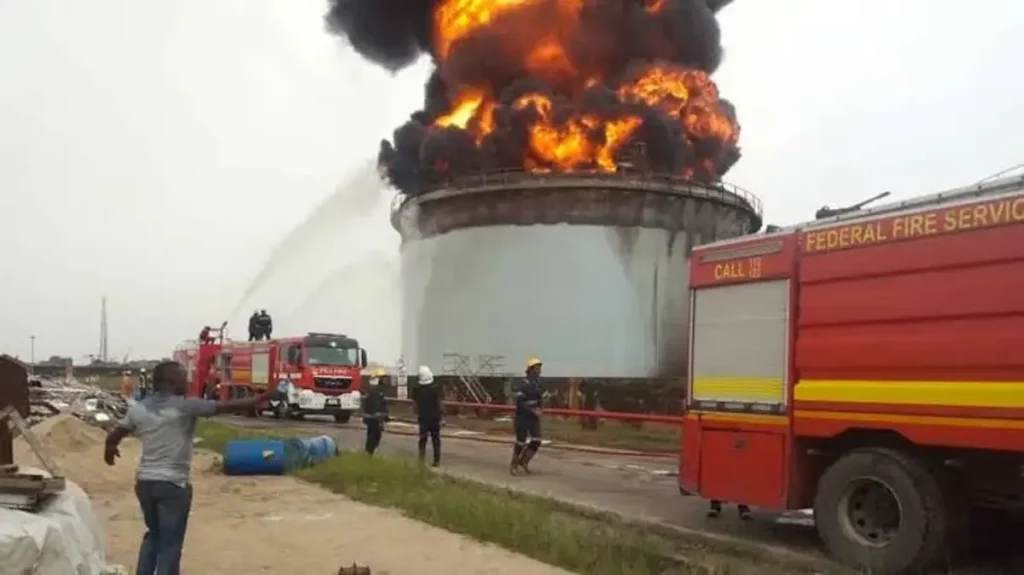Few months ago, when the campaign for the sanitization of the Special Anti-Robbery Squad, SARS, started gathering uncontrollable hashtags and social media traffic, many people saw the urgent need for that social movement. Most of these Nigerians had at one point fallen victim to something of gruesome treatments or had been an audience to the gory stories of other victims of a designated unit of the Nigeria Police Force charged with combating high-profile criminal assaults like armed robbery and kidnapping
Consequently, when the then Inspector General of Police, Mr. Ibrahim Idris, announced that the unit would be overhauled, the news, as you would often hear in the Nigerian social parlance, drew a lot of accolades. And today we have the Reformed SARS. However, not many Nigerians who could not stomach the then-excesses of SARS, had thought of embarking on a similar revolution for the overhaul of the Nigerian Police Force, NPF, entirely
Section two hundred and fourteen, subsection one, (214(1)), of Nigerian Constitution which sets up the Nigeria Police, gives it an operational framework in succeeding sections. According to the Nigeria Police Act, the duties of the police shall be the prevention and detection of crime, the apprehension of offenders, the preservation of law and order, the protection of life and property and the due enforcement of all laws and regulations with which they are directly charged and shall perform such military duties within, or outside Nigeria as may be required of them by, or under the authority of this or any other Act. These statutes do not only provide workable modalities for best and efficient policing, but they also give clear perspective of what is expected of a Nigerian institution that looks to be kilometers away from the affection the civilian population.
The Nigeria Police Force might have not found it easy given its vast responsibilities and “unsatisfying” emoluments. But those challenges are comparably minor to the call for institutional integrity in that law enforcement organ. Neither the constitution nor the police act condones dereliction of duty on any constitutionally backed body. In fact, the sight of policemen on the Nigerian roads, collecting illegal tolls and squeezing into the pockets of the should-be-revered uniforms is rather a clear show of affront to service and patriotism.
The public must be constantly educated on their relationship with law enforcement agencies, especially the police. The old-time phrase that “police is your friend” has been unfairly annulled by brutality, kickbacks, and professional callousness. But often, the people, even those with enough knowledge of the law, fall victim or, to be point-blank, collude to these illegalities because they have compromised on basic standards of civility. Thus, it is common for a Nigerian road user to bribe their way pass an illegal police checkpoint because the policeman had pulled them up and demanded for their vehicle papers which are incomplete.
The advocacy for state police offers little or no solution to the Nigeria policing setbacks. Organized countries have been able to succeed in that respect because of refined work models, government consciousness and due occupational importance. In fact, in most foreign countries, police are a respectable institution, an almost incorruptible unit that gives the masses a good value for their hard-earned tax. Current Nigerian work environment does not offer such peerless platforms for state policing. The imposition of state police on a growing political economy like Nigeria is like arming unpredictability.
What the Nigeria Police Force needs is a dire reform. The recruitment process into the force must cultivate orientations that discourage questionable characters. The police force should not be seen as an avenue to be employed, to exploit or settle vendetta. The sight of a policeman or police uniform should offer confidence and belief, not fear and dissatisfaction. Policemen should be trained to understand that the job of overseeing the security of lives and property of a nation of over one hundred and eighty million people is a respectable one that must be done with all patriotism.
The employment of policemen as private security guards for rich people, politicians, homes, offices and even places of worship drag the image of the good profession to filths. Good and adequate pay, better and prompt gratuities and benefits can discourage this. Policemen must also be protected by better life insurance package to boost their morale in the fights against crimes. During these just criticisms, we must also commend the federal government for the recent announcement to improve the salary of the men and officers of the Nigeria Police Force. Though not squarely a good way to start off the reform journey, it falls within the primary recommendations for professional moralization.
There is no profession in the world without its shortcomings. The Nigeria Police Force in understanding this, must never allow itself to be consumed by present obstacles. Just as it is imperative to reposition the force for effective dispensation of duty, policemen who flout the underlining rules of the profession must be made to face the law. As the Nigeria Police Act puts it on Integrity and Personal Professional Capabilities – a police officer will not engage in acts of corruption or bribery, nor will an officer condone such acts by other police officers. The public demands that the integrity of police officers be above reproach. Police Officers will be responsible for their own standard of professional performance and will take every reasonable opportunity to enhance and improve their level or knowledge and competence.






